Education
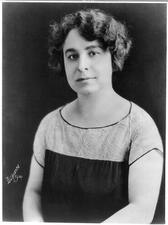
Lillian Herstein

Susannah Heschel
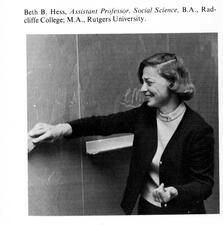
Beth Bowman Hess
Beth Bowman Hess was a feminist sociologist and gerontologist whose leadership, scholarship, teaching, service and mentoring were a model for many women. She brought a humanist and feminist sensibility to gerontology by discussing the difficulties the elderly faced not as problems inherent in older people, but as problems in the social order that should be confronted and changed.

Dame Myra Hess
One of Great Britain’s most famous classical pianists, Dame Myra Hess had the idea of setting up lunchtime concerts at London’s National Gallery during the Second World War. The success of those concerts made Hess an international star, and the honor of Dame of the British Empire was conferred upon her in 1941.
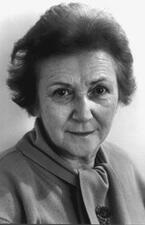
Clara Heyn
Botanist Clara Heyn’s most significant achievement was her work with the plant family Leguminosae, especially the genus Medicago. She was an excellent botanist, teacher, and colleague.
Higher Education Administration in the United States
Higher Education in Central Europe
Jewish women were disproportionally represented at Central European universities before WWI and during the interwar years. Acculturated Jewish society saw higher education as a way of integrating itself into the educated bourgeoisie. Attending university offered women greater personal independence, even as they faced antisemitism and ridicule.
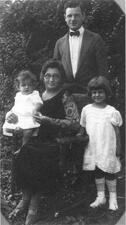
Bessie Abramowitz Hillman
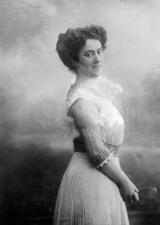
Rahel Hirsch
Physiologist, physician, and teacher Rahel Hirsch worked for nearly two decades at the Medical Clinic of the Berlin Charité, eventually as the head of a polyclinic and a professor. Yet Hirsch was never paid at the Charité; she left in 1919 and opened a private practice. Hirsch emigrated to England in 1938, working as a laboratory assistant and librarian, but she struggled with mental illness and died in a psychiatric hospital in 1953.
Dorothea Hirschfeld
Too old, not properly educated, a member of the Social-Democrat Party, and a Jewish woman, Dorothea Hirschfeld nevertheless succeeded in entering the civil service at the age of forty-three. She directed the Berlin Center for Social Work and Care of the Poor in Berlin from 1924 to 1929, and despite being pushed out of work by the Nazis, survived deportation and remained in Germany until her death in 1966.
Elizabeth Slade Hirschfeld
Gertrude Hirschler
A celebrated translator of deft skill and a woman of great principle, Gertrude Hirschler refused to translate, edit, or publish any book that did not mesh with her ideals or beliefs. Hirschler’s literary contributions are highly regarded in the areas of Jewish history, the Holocaust, religious literature, and Zionism.

Marilyn Hirsh
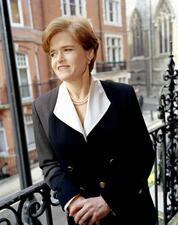
Historians in the United States
American Jewish women have made important contributions to historical scholarship, especially in the arenas of social history of the United States and Europe, women’s history, and Jewish history. Jewish women, sensitive to the situations of minority groups, became pioneers in these fields as they developed from the 1970s on.
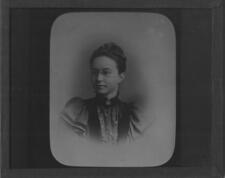
Fanny Binswanger Hoffman
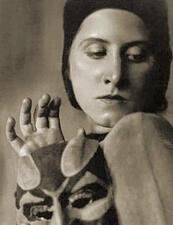
Hilde Holger
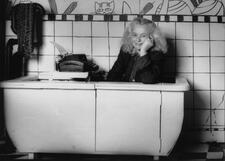
Nicole Hollander
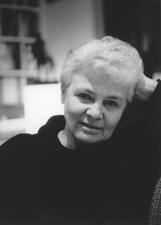
Holocaust Studies in the United States

Faith Holsaert
Leah Horowitz
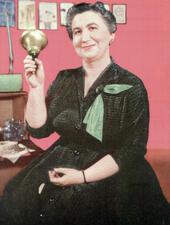
Frances Horwich
Frances Horwich was loved by parents and children alike for her educational television show, Ding Dong School, which taught millions of children how to finger paint, grow plants, and do craft projects with household objects such as pipe cleaners and paper plates. She ended up writing 27 Ding Dong School books and two books for parents, as well as winning several awards over her career.
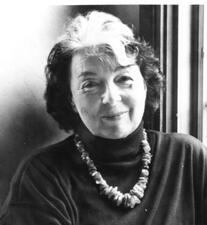
Florence Howe
“The chief editor, fund raiser, cheerleader and occasional staff photographer” is the way the Chronicle of Higher Education described Florence Howe’s work at the Feminist Press. She made the publishing company her life’s work, and her contributions to the field of women’s studies as scholar, editor, and publisher are unparalleled.
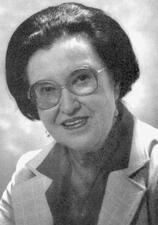
Hunter College
Hunter College of the City University of New York was founded as a public, tuition-free secondary and teacher-training school for women that admitted students solely on the basis of academic merit, at a time when many institutions of higher education were implementing policies of selective admissions designed specifically to deflect disadvantaged students.
Ida Henrietta Hyde
Ida Henrietta Hyde was a pioneering physiologist in the late nineteenth and early twentieth century. While Hyde was best known for creating a microelectrode that could sample and manipulate individual cells, she was proudest of her work to support other women scientists.
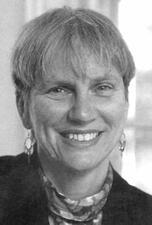
Paula E. Hyman
Distinguished historian Paula Hyman was engaged deeply in Jewish feminism and wrote extensively on the history of Jewish women in an effort to integrate their experience into the Jewish historical narrative. A role model for many, she challenged sacrosanct beliefs and stereotypes with vigor and knowledge and left behind a myriad of scholarly contributions and a profound vision for Jewish women.


